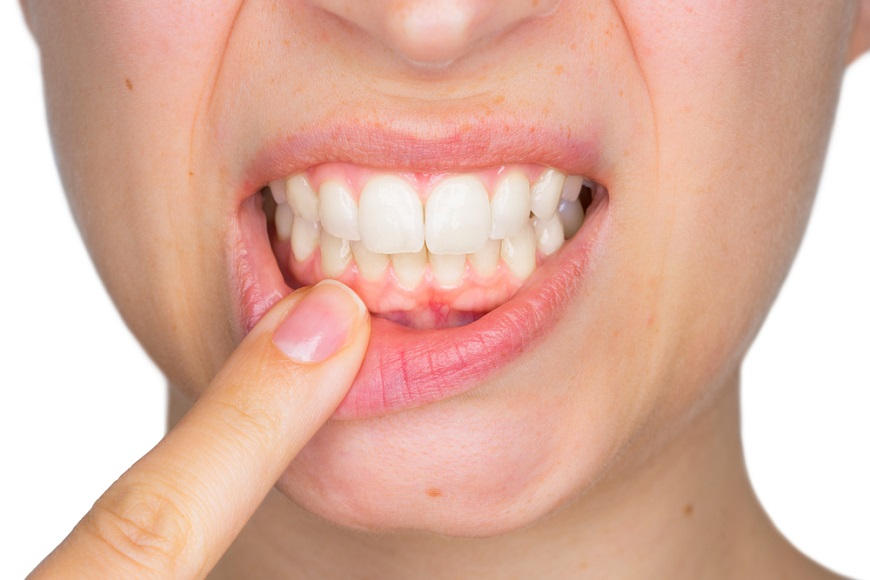If you haven’t been all that strict with yourself regarding oral hygiene and regular check-ups with your dentist, then the proof can often be in the pudding. Not only do your teeth not look at their best, but you can be more at risk of diseases and conditions that relate to a poor oral hygiene standard. Nearly 23 percent of Australians have moderate or severe gum disease (periodontitis), and you might be at risk.
What is Periodontitis?
Yokine Dentist Clear Choice advise that Periodontitis, also called gum disease, is a disease that comes without warning signs. However, that doesn’t mean you can’t see it coming. Poor oral hygiene is one of the leading causes. Gum disease is a result of plaque building up between your teeth and gums. As bacteria grows, it causes inflammation in your gums.
Without treatment, gum disease can lead to tooth loss, gum recession, and deterioration of both the bone and gums. Extensive research now also shows that there could be a link between gum disease, diabetes, and heart disease.
How Do I Know If I Have Gum Disease?
Gum disease is not something that rears its head as soon as you forget to brush your teeth. Instead, it’s a progressive disease that slowly worsens. When it’s in its advanced stages, you may start to notice symptoms. Hopefully, you’ve made a dentist appointment before it gets to this stage.
If not, you may notice that your gums feel a little bit tender and swollen, and appear red. When you eat hard food, brush your teeth, or floss, they may also bleed.
Do your teeth look longer than they used to? Gum recession is a standard gum disease symptom, as is loose or separating teeth. If you notice you have pus between your teeth, foul-smelling breath, or sores in your mouth, then periodontitis might be in the advanced stages. At this point, you may also notice that any partial dentures you have don’t fit and that your teeth feel different when you bite down.
Fortunately, these symptoms are entirely preventable. Talk to your dentist about how to maintain a strict oral regime to ward off gum disease.
How to Prevent Gum Disease
Preventing gum disease is simple. All it takes is a regular oral care regime and trips to your dentist once or twice per year. Remember to brush your teeth after each meal to remove food and plaque, and don’t forget your tongue! Bacteria love your tongue as much as your teeth!
Flossing once or twice per day is also beneficial, taking care of food and plaque that your brush might miss. Finally, rinse your mouth out with a dentist-approved mouthwash. A rinsing product can remove any remaining particles that brushing and flossing didn’t get.
Did you know your age, diet, genetics, and whether you smoke can also play a part in your gum disease risk? If you have concerns about your oral care regime or your oral health, check in with your dentist.

